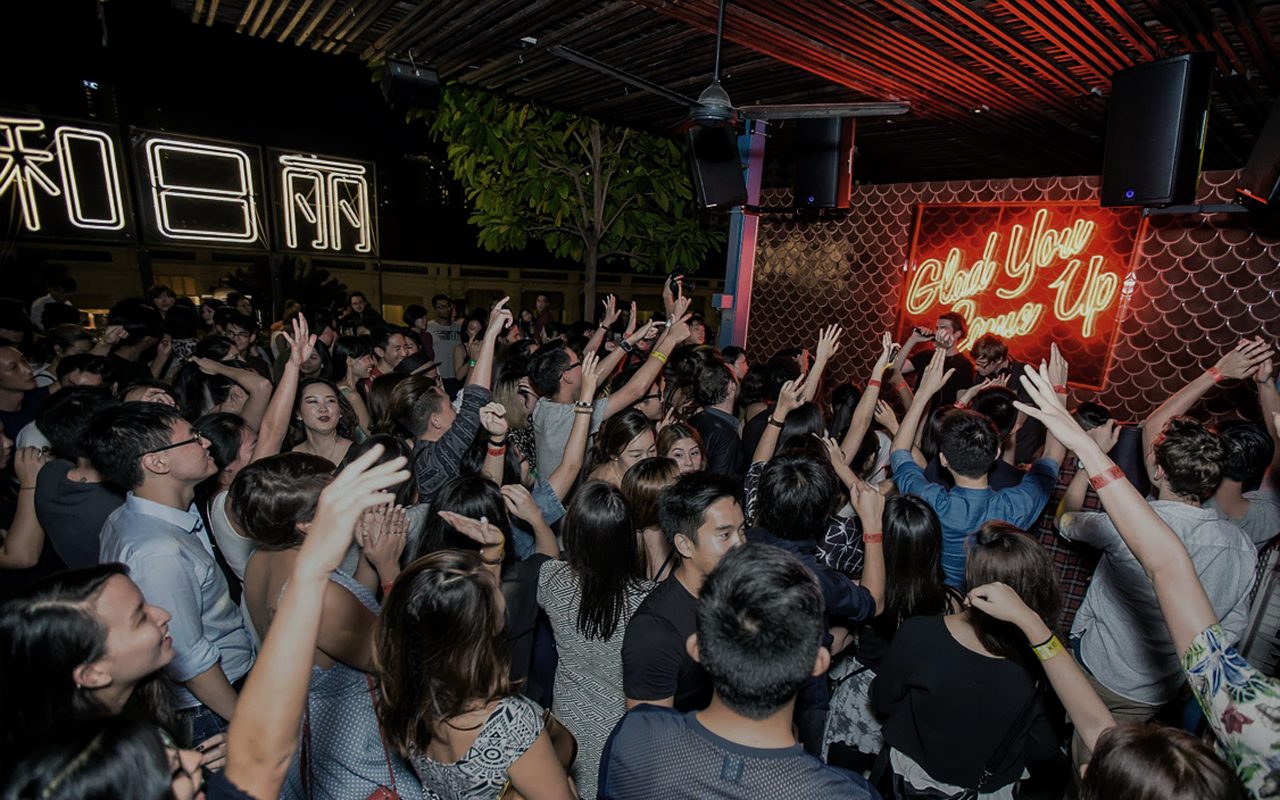A friend once said to me, “It’s better to be sad and rich than sad and broke. Why cry into your dirty mattress on a street corner when you can cry into your champagne in the middle of the ocean on a private yacht?”
Nuch, an assistant auditor at KPMG Thailand, could not possibly agree more. The 23 year old Bangkokian, who makes about 25,000 THB a month, tells me she would not be able to afford her lifestyle if not for the stability and relatively decent salary of her job.
When we think of auditors, we don’t usually think of happy individuals. As unfair as it sounds, we conjure up images of dumpy, bespectacled men in ill-fitting suits, toting around hefty dossiers while simultaneously giving off an undecidedly dubious vibe. Nuch, however, is fair-skinned and sharp-nosed. And while she doesn’t hate her job, it’s clear that to her, being an auditor is more a means to an end than a life calling.
“Being an auditor might not be the most glamourous job, but it pays for my lifestyle. Thai people are not like Singaporeans,” she laughs, “We are more relaxed. We like nice things but we don’t just want to work work work. If working less hard means we can have more fun, party more, we’ll choose that.”
Casa Lapin is Nuch’s go-to hangout most weekends, and the outlet on Phahonyothin Road in Ari, which she jokes is literally half-garden and half-building, is her favourite. Pointing to the article 21 signs you’re a basic Bangkokian by BK Magazine, she tells me, that’s basically her. Nothing in her voice indicates that this bothers her at all.
In a way, Nuch’s approach to her job is the anti-thesis of the “follow your passion” mantra that has dominated millennial attitudes in recent years. To many, finding meaning in life happens outside of work, and the 9-5 is mere sustenance.
Today, there’s so much pressure to do something meaningful.
Over the phone, his voice seems to tremble with the reverence of a loyal yet sophisticated disciple.
To put his obsession in perspective, he points out, “One pair of my shoes costs between $600 to $800. Women’s handbags? Those things cost thousands man!”
Yet this moment of objectivity obscures the fact that Jeremy owns more than 30 pairs of shoes. A private banker in his early 30s and based in Singapore, he argues that he needs them for work. When it comes to the work itself, however, he doesn’t seem to have much to say.
“Today, there’s so much pressure to do something meaningful. People are always talking about purpose and finding your true calling; doing what you love. But if it doesn’t bother me that I don’t love my job, why should I do anything differently? I’m good at this, the money is good, and superficial things like nice shoes keep me happy.”
Jeremy has a point. Part of the contemporary millennial condition is now this proud rejection of traditional “9 to 5” careers. “Iron rice bowl” jobs like those in the civil service or an MNC are spurned in favour of the “honest hustle.” Often, this means a position at a scrappy upstart or something vague like ‘social ninja’ at a tech and social innovation firm.
everything worth fighting for unbalances your life
Millennial job dissatisfaction is as much a myth as it is something that really isn’t all bad. For a lot of millennials, work is something that fits nicely into a single, unimportant compartment in their lives, and they derive pleasure and purpose from everything else.
Grace Yeoh (real name), one of our regular contributors, told me last week that she had purchased a ticket to New York on a whim. She had wanted to and so she had done it. The last time she was in New York? Just a few months ago. But these are the spontaneous materialistic indulgences that fuel individuals like her.
British philosopher Alain de Botton tells us that there is no such thing as work-life balance, that everything worth fighting for unbalances your life. Sometimes, the thing worth fighting for is a brilliant, meaningful, well-compensated career. Sometimes, it’s volunteering time with animal rights groups. Sometimes, it’s an obsession with collecting Star Wars figurines. Whatever it is, it never fits nicely into some model of a “good” life.
The things we want for ourselves are not necessarily what others want for themselves, and some people find this hard to accept because it does not play into the tidy narratives they’ve used to construct their own lives.
Unfortunately, the diversity of our experiences means that we are under no obligation to love our jobs or make them a central part of who we are.
For those of us perpetually struggling to do what we love, who can somehow never really settle down, let’s just hope we have enough friends making enough money to buy us all the alcohol we’ll ever need to forget just how broke we really are.






